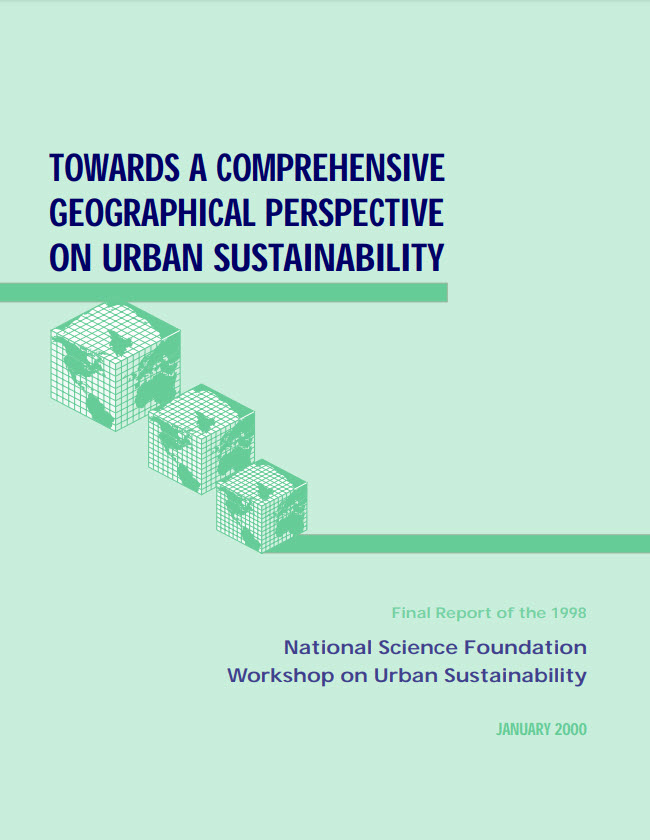About two billion of the nearly six billion people alive today dwell in urban areas. By 2050, about six billion of the world’s then nine billion people will live in cities, with the greatest concentrations in cities in the so-called developing nations (Bos et al.1994; United Nations 1993). This dramatic acceleration in the urbanization of the earth’s peoples—a tripling of the world’s urban population over just two generations—poses daunting challenges of social and economic destitution and severe environmental degradation. The goal of improving the social and economic conditions of an increasingly urbanized population while preserving life systems and maintaining environmental quality has become subsumed under the rubric of “urban sustainability.” But sustainability is a chaotic concept, so poorly theorized and laden with so many definitions that it risks plunging into meaninglessness, at best, and becoming a catchphrase for political demagoguery, at worst. The idea of sustainability—widely but loosely defined as meeting today’s needs without compromising future generations—is used to justify and legitimate a myriad of policies and practices ranging from communal agrarian utopianism to large-scale, capital-intensive market development.1 As a result of this multiplicity of meanings, the ideal of sustainability has generated a growing counter-reaction across the political spectrum. Those on the right equate sustainability with expanded government interference with market processes and view discussions about sustainability under United Nations auspices as a challenge to national sovereignty. 2 Those on the left view sustainability as a rhetorical trope legitimating the reproduction of exploitative class relations under the guise of ecological necessity.3 The ideal of sustainability is at once being adopted wholesale and generating a move to jettison the term as incapable of transcending its suspect connotations.
Towards a Comprehensive Geographical Perspective on Urban Sustainability
Citation:
Final report of the 1998 NSF Workshop on Urban Sustainability, Center for Urban Policy Research.
